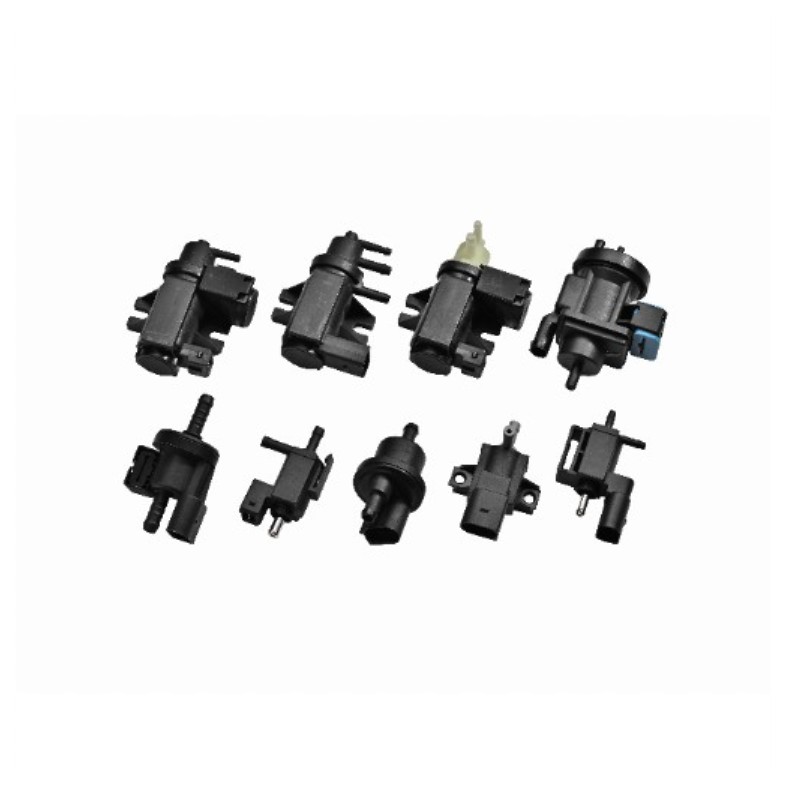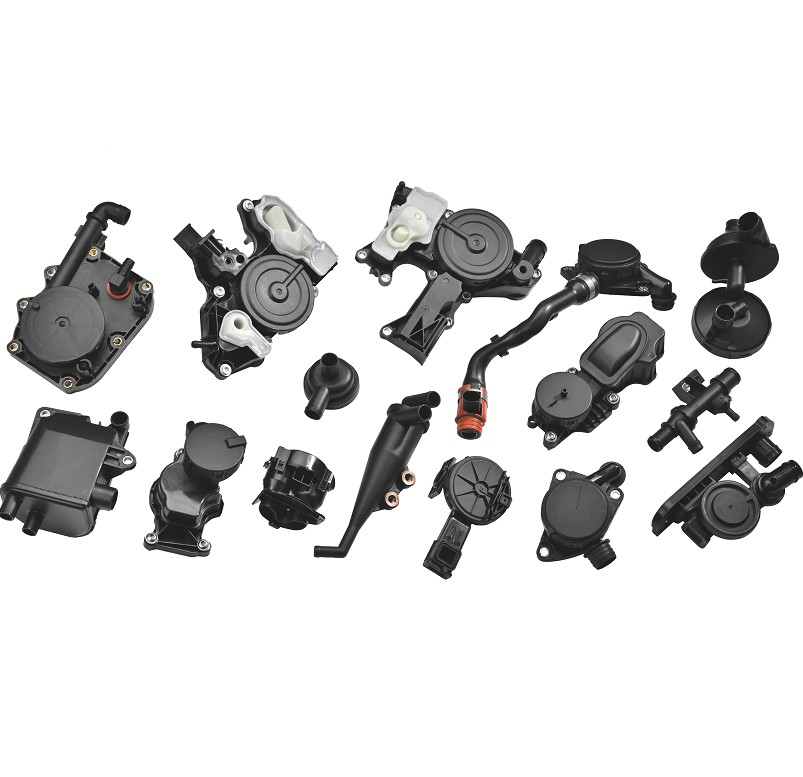As an indispensable part of the automobile cooling system, the health of the coolant pipe is directly related to the operating stability and durability of the engine. When the coolant pipe is aged, damaged or leaking, it has a great impact on the engine cooling efficiency.
Coolant is the core medium of the engine cooling system. It absorbs and takes away the heat generated by the engine, and then dissipates it into the air through the radiator, thereby maintaining the engine within a suitable operating temperature range. Once the coolant pipe leaks, the coolant will gradually decrease, resulting in insufficient coolant in the cooling system. This not only reduces the heat capacity of the cooling system, but also reduces the amount of liquid available for heat dissipation, making the engine prone to overheating under high-speed operation or high-load conditions.
If the coolant pipe is blocked inside, such as due to sediment, rust or foreign matter, the flow rate of the coolant will be seriously affected. The slowdown of flow means that the efficiency of heat transfer is reduced, and some heat cannot be taken away in time, so it accumulates inside the engine. In addition, if the pipe wall is severely worn and forms an uneven surface, it will also increase the resistance to the flow of the coolant, further reducing the cooling efficiency. Over time, local overheating of the engine may cause thermal stress fatigue of components and even damage key components such as the cylinder block and cylinder head.
A certain pressure needs to be maintained inside the cooling system to ensure that the coolant can circulate smoothly and transfer heat effectively. Damage to the coolant pipe may damage the sealing of the system and cause system pressure imbalance. For example, leakage will cause the system pressure to drop, while blockage may cause local pressure to rise. This pressure imbalance will interfere with the normal flow path of the coolant, so that some areas cannot be fully cooled. At the same time, pressure imbalance may also affect the normal operation of other components of the cooling system (such as water pumps, radiators, etc.), further exacerbating the risk of engine overheating.
Engine overheating will not only reduce engine performance, but also pose a serious threat to driving safety. Overheating will cause the expansion, deformation and wear of internal engine components to increase, and in severe cases may even cause serious faults such as cylinder pulling and tile sticking. In addition, high temperature will accelerate the oxidation and deterioration of engine oil, reduce the lubrication effect, and further aggravate engine wear. In extreme cases, engine overheating may also cause safety accidents such as fire.
In order to avoid engine overheating caused by aging and damage of the coolant pipe, the owner should regularly check the status of the coolant pipe, including checking for leaks, cracks, wear or blockage. Once an abnormality is found, it should be repaired or replaced in time. In addition, regular replacement of coolant, cleaning of the cooling system and maintaining the normal working load and speed of the engine are also important measures to prevent engine overheating. During driving, if the engine temperature is found to be too high or the coolant warning light is on, stop the car immediately for inspection and take appropriate countermeasures.
Home / News / Industry News / Will the aging or damage of the coolant pipe cause the engine to overheat?


 English
English русский
русский Español
Español Deutsch
Deutsch











